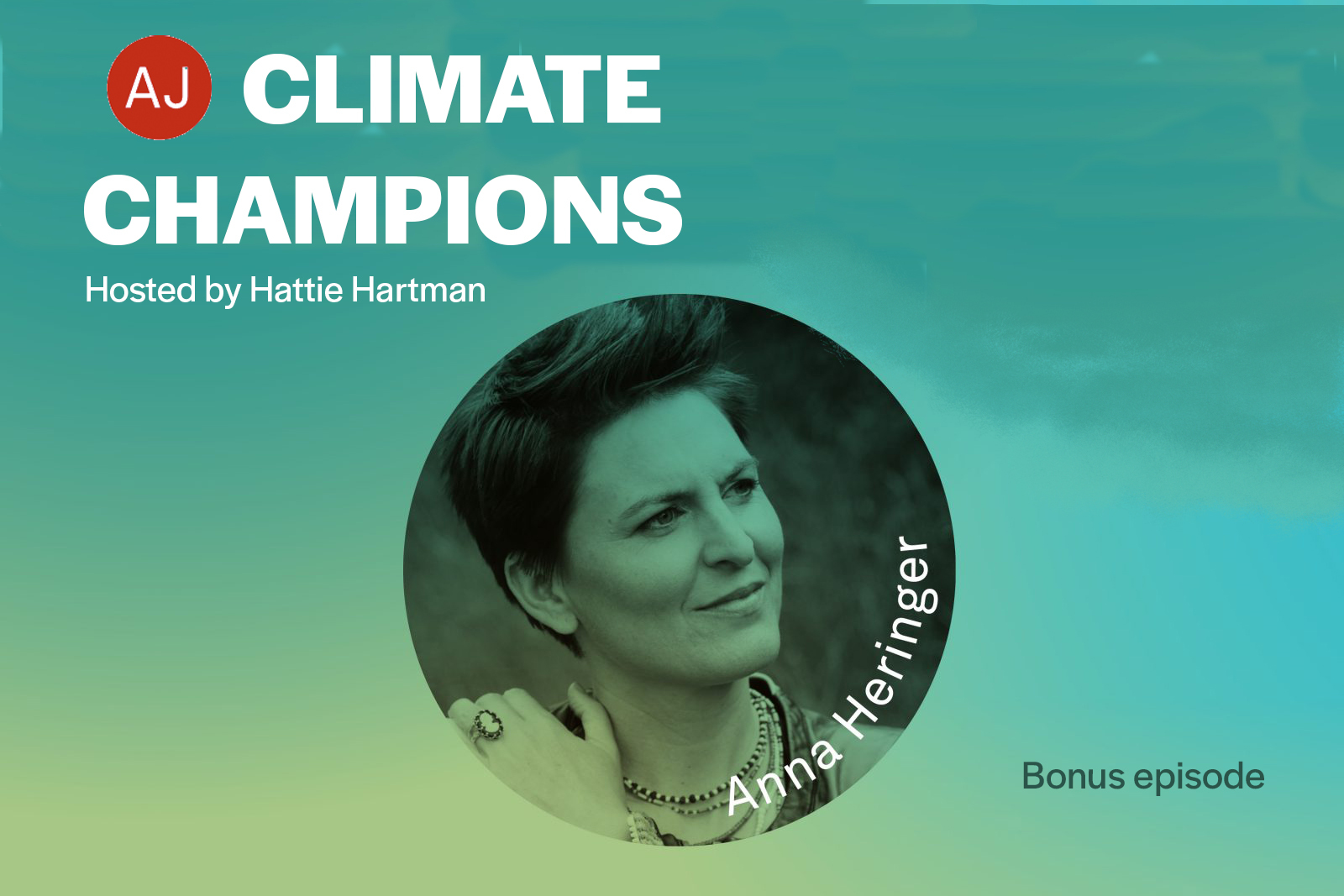During an Obel Award panel at the UIA conference in Copenhagen, Heringer seized the opportunity to ask the global audience for ‘forgiveness’ on behalf of architects of the global north.
‘I'm sorry for creating this … ideal of an architecture that was supposed to bring us a comfortable, safe and happy and healthy life, when in fact, it was just exploiting the planet and adding to social injustice,’ she said.
Heringer, who has won four important awards since we spoke to her in episode 6, explains how earthen architecture is gaining traction and describes her ongoing work in Ghana and at the St. Michael Campus for Sustainability in Traunstein, Germany.
For more on Heringer and her work, listen to episode 6 and see the accompanying Show Notes.
Climate Champions will resume its fortnightly schedule in the autumn.
To catch up on all AJ Climate Champions episodes, click here.
Find Climate Champions on your favourite podcast app: subscribe via Spotify, Apple Podcasts, Google Podcasts, Deezer and Podbean
About Anna Heringer
Based in Laufen, Germany, where she was born, Anna Heringer is internationally known for her work with rammed earth, which she has pioneered through repeated trips to Bangladesh since the age of 19. The Meti school (2006) in Rudrapur won her an Aga Khan Award and was followed by further projects in Bangladesh, as well as a complex of bamboo hostels (2016) in Baoxi, China.
Heringer has developed and disseminated her approach to rammed earth through teaching at ETH Zurich, Harvard University/GSD, UP Madrid and TU Munich. Together with Lindsay Blair Howe and Martin Rauch, she co-authored Upscaling Earth: Materials, Process, Catalyst (2019). She is also passionate about bespoke textile design using the skills of Bengali women to upcycle local fabrics as an alternative to the multinational textile industry that employs so many people in Bangladesh.
In the last three years, Heringer’s work has been recognised by the Obel Award (2020), the Grand Prize Philippe Rotthier (2021), the New European Bauhaus Prize (2021) in the category ‘solutions for the co-evolution of built environment and nature’ for the RoSana building and by Germany’s Order of Merit (2022).
Projects and resources mentioned in this episode
Obel Award Launched in 2019, the annual Euro 100,000 Obel Award promotes architecture ‘in service of both people and planet.’ Anna Heringer won the Obel award in 2020 for the Anandaloy building in northern Bangladesh.
RoSana Ayurvedic Center Guest house, Rosenheim, Germany (2021). Designed with Martin Rauch
Earth Campus, Tatale, Ghana
Campus St. Michael, Traunstein, Germany
Credits
Climate Champions is produced in association with ACAN, the Architects’ Climate Action Network
Podcast produced and edited by Simon Aldous
Music: Edmilson do Pífano, Forró de dois Amigos. Interpretation: Felipe Tanaka e banda Balaio de Baião
 The Architects’ Journal Architecture News & Buildings
The Architects’ Journal Architecture News & Buildings




